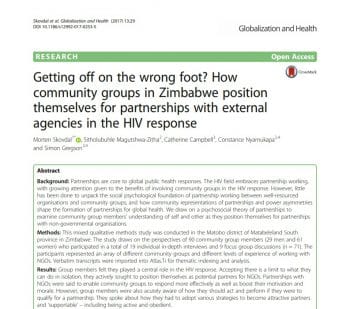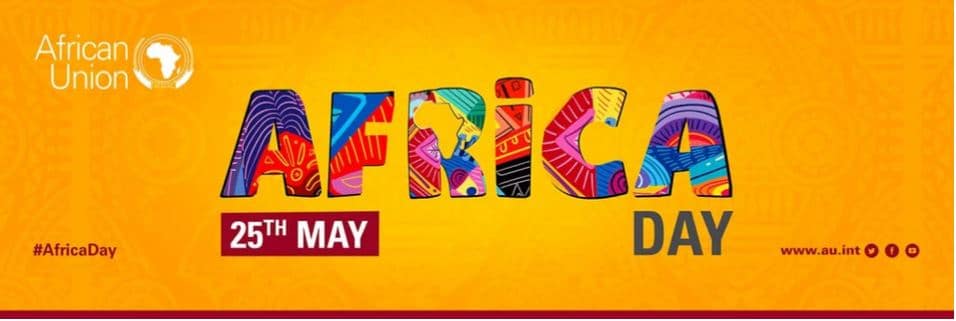
Policy highlights:
- Partnerships are often key in global health responses. In the field of HIV specifically, there is growing attention to the benefits of involving community groups. Research indicates that community structures have a lot to offer in HIV responses. For example, community group membership can have a positive effect against HIV infection for women and encourages a faster uptake of HIV services.
- Community groups proudly described their role and presented themselves as key actors in the HIV response. Members within the groups encourage each other to be open about their positive HIV status. The groups also emphasized the positive aspects of coming together and providing members with a platform to enact and project their agency in dealing with challenges.
- Partnering with other organizations give the community groups credibility. Working with well-resourced (international) NGOs was considered a key motivator and goal for many of the community groups.
- Nevertheless, NGOs were described as authoritarian, prescriptive and doing very little to involve or consult community groups in the first place:
- NGOs often fail to include the most vulnerable members of their community.
- NGOs often offer a ‘pre-packaged solution’ which includes services that do not necessarily match the experienced needs of their beneficiaries.
- NGOs often do not involve community members in designing and planning the interventions.
- The community groups were aware that the NGOs favour community structures which appear active. Therefore, the community should be rather dutiful to development and distance themselves from so called ‘laziness’ to attract a partnership. This results in establishing regimes of working, which decides who is deserving a partnership with an NGO and who is not. This highlights how financial accountability shapes and constrains the relationships which NGOs have with their local partners and donors.
- The process describes the knowledge encounters and power asymmetries which play a role. The article suggests that organizations (including donors) should reflect on how a focus on short-term upward accountability to donors, tax payers and political leaders may contradict their intended goal to empower the communities. There is a need for space and flexibility for NGOs to act merely as a broker and to involve and incorporate the views of local people in all stages of the programme. Organizations should be aware of the accountability they ask for and focus on the intended beneficiaries, which will lead to more equitable partnerships.







